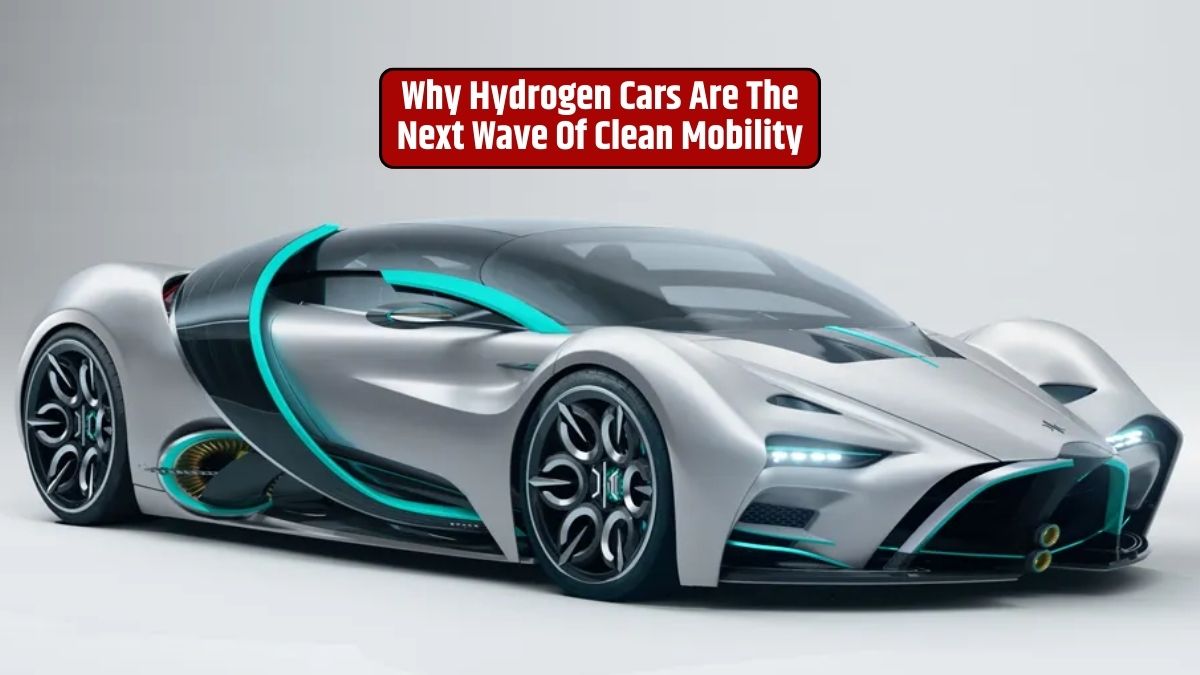The future of clean mobility is bright, and hydrogen cars are emerging as a powerful wave of change. In this article, we will explore why hydrogen cars are gaining momentum and why they represent the next frontier in eco-friendly transportation.
Fuel of the Future
Hydrogen is the most abundant element in the universe, making it a promising candidate for clean energy. When used as a fuel, it produces only one byproduct – water vapor, making it an environmentally friendly choice. Here’s why hydrogen cars are poised to become the next big thing in clean mobility:
Environmental Benefits
Hydrogen cars are a sustainable solution for reducing greenhouse gas emissions. When hydrogen is used in fuel cells to power vehicles, the only emission is pure water. This means a significant reduction in carbon footprints and a more sustainable approach to transportation.
Efficiency
Hydrogen cars are known for their efficiency and performance. They offer a longer driving range compared to many electric vehicles, and they refuel quickly, much like traditional gasoline-powered cars. This combination of eco-friendliness, efficiency, and speed is a game-changer for the modern driver.
Infrastructure Growth
One of the main challenges in adopting hydrogen cars has been the lack of infrastructure. However, this is changing rapidly. Governments and private companies are investing in the development of a hydrogen refueling network. As the infrastructure grows, the convenience of using hydrogen-powered vehicles will increase.
Economic Viability
As the technology behind hydrogen cars continues to advance, the cost of production is decreasing. This means that hydrogen cars are becoming more economically viable for the average consumer. With increased adoption, economies of scale are driving down costs, making these vehicles more accessible.
Versatility
Hydrogen fuel cell technology is not limited to cars alone. It can be applied to a wide range of vehicles, including buses, trucks, and even trains. This versatility makes it a scalable solution for the transportation industry, reducing emissions across various sectors.
Conclusion
In conclusion, hydrogen cars are emerging as the next wave of clean mobility due to their sustainability, efficiency, infrastructure growth, economic viability, and versatility.
As the world shifts towards more eco-friendly transportation options, hydrogen cars are set to play a significant role in reducing our carbon footprint and embracing a greener future.
FAQs
How does a hydrogen car work?
Hydrogen cars use fuel cells to convert hydrogen gas into electricity, which powers an electric motor, propelling the vehicle.
Is it safe to use hydrogen as a fuel in cars?
Yes, hydrogen is safe when handled and stored properly. Manufacturers follow stringent safety standards to ensure the safety of hydrogen cars.
Where can I refuel a hydrogen car?
Hydrogen refueling stations are growing in number, primarily in urban areas. Check for station locations in your region.
Are hydrogen cars more efficient than electric cars?
Hydrogen cars offer a longer driving range and quick refueling, making them competitive with electric vehicles in terms of efficiency.
What are the challenges in the widespread adoption of hydrogen cars?
The main challenges are building a comprehensive hydrogen refueling infrastructure and reducing production costs, but both of these issues are being actively addressed.






